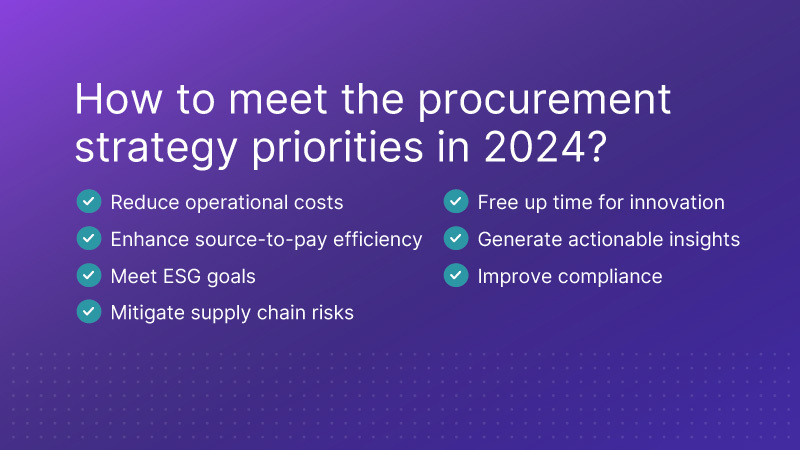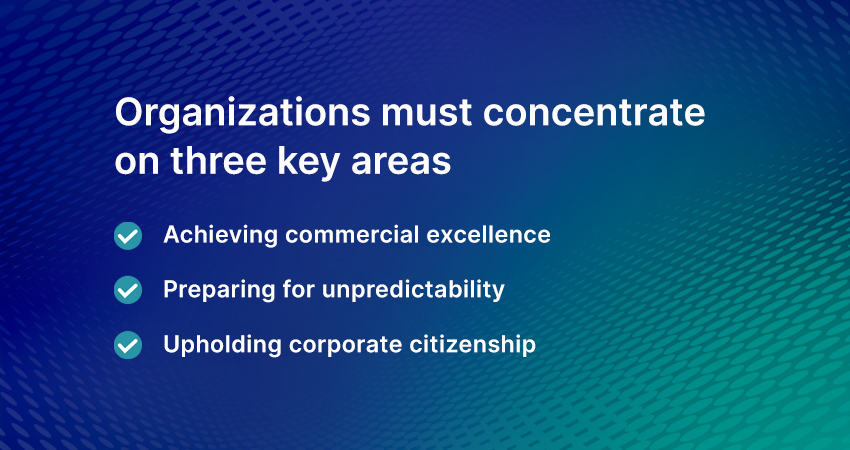
Impact of Inflation Reduction Act on Batteries


Inflation Reduction Act
The U.S. Inflation Reduction Act is expected to impact the export of 100,000 EVs annually, as EVs assembled in South Korea have China as the major player in their supply chain and hence will not be eligible for $7,500 EV tax subsidies in the U.S. However, South Korea believes this law to be a violation of the norms under the U.S.–South Korea free trade agreement and the WTO agreement.
-
In August 2022, the U.S. has passed the Inflation Reduction Act, with the aim to encourage electric vehicle (EV) manufacturers to expand their production and sourcing activities in North America as one of their goals.
-
As per the law, consumers could benefit up to $7,500 tax credits for purchasing EVs assembled in the U.S. Furthermore, the raw materials/components used in EV batteries should mandatorily be extracted, processed, or recycled domestically and not by a foreign entity, including China, Russia, and so on. The Act also includes a production tax credit as large as 10% for the battery mineral and material processing companies and 35 $/kWh for the cell manufacturers as part of its "advanced manufacturing production credit."
-
EV companies are expected to source at least 50% of their battery components by value from the U.S. or its allies starting 2024, with an increase of up to 80% after 2026. Thereafter, by 2029, the law mandates 100% battery manufacturing in North America.
Challenges for the U.S. Battery Industry
-
Despite a strong localization trend for the cells and modules, key battery components, such as the cathode and especially anode materials, are predominantly imported from other regions, and this is expected to pose a major challenge for the U.S. OEMs to qualify for tax credits.
-
The U.S. has commenced ramping up its production activities for critical battery minerals, investing $35 million in a rare earth mining and processing company. However, the U.S. does not have sufficient mines online to cater to the surging demand.
Upcoming Changes in the U.S. Battery Market
-
Raw materials account for approximately two-thirds of EV battery costs. Cobalt is unlikely to qualify for the tax credit since it is largely mined in the Democratic Republic of Congo followed by processing in China, thus increasing the market prospects for LFP batteries in the U.S. Automakers are expected to localise battery raw material supply in North America or secure supply from countries such as Chile, Canada, and Australia.
-
Battery recycling is expected to gain momentum to fill the supply–demand gap for critical battery materials to a greater extent. Battery recyclers are optimistic and expect the Inflation Reduction Act to generate business opportunities in the short-long term. The law also includes an investment of $335 million over the next five years for upgrading the lithium-ion battery recycling industry in the region.
Key Industry Expansions
Korean automakers are expected to adjust their production plans and prioritize the construction of plants in the U.S., while battery makers focus on diversifying their battery component/raw material sourcing. The Act is expected to impact Korean battery makers such as LG Energy Solution, SK On, and Samsung SDI. LGES supplies batteries to Tesla and General Motors, while SK On and Samsung SDI supply batteries for Ford Motor and Volkswagen.in-u-s-visit
|
S No. |
Supplier |
Key Insights |
|---|---|---|
| 1 |
Panasonic |
|
| 2 |
GM and LG |
|
| 3 |
Toyota |
|
| 4 |
Zinc8 |
|
Related Insights:
View All
Get more stories like this
Subscirbe for more news,updates and insights from Beroe






